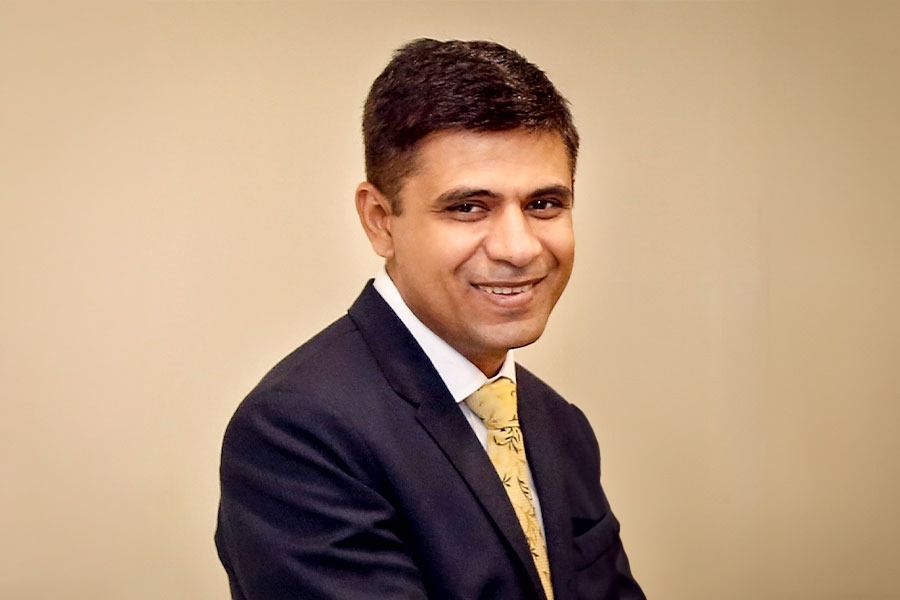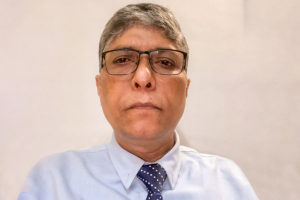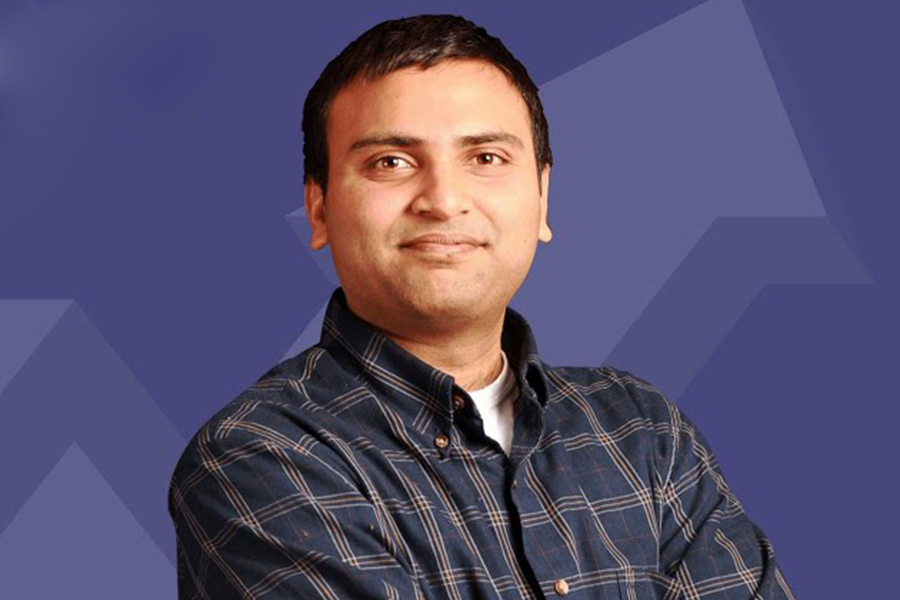India as a Health-tech Hub: Opportunities and Constraints
• India holds the second position globally on digital adoption with 560 million internet subscribers in 2018.
• On the demand side, a growing middle and high-income population; rising health awareness and wearable market; growing incidence of non-communicable diseases; growing health insurance penetration and implementation of government schemes has created demand for “hi-tech” hospitals with better services delivery and efficiency in response.
• On the supply side, well-known private hospital chains; large pool of qualified healthcare professionals; growth of startups, who are able to develop technology at low costs; and companies in health analytics who are servicing global clients have led to a consistent 15% growth of the health-tech sector, much higher than the overall health-care sector itself.
• It is time now for India to replicate its success stories in software development and medical value tourism in the health-tech sector.

The Third Global Survey on eHealth of the World Health Organization (2016) has reported that out of 125 countries, 73 had e Health strategies, 109 had at least one mHealth initiative, 79 reported the use of eLearning for health science education, 68 had legislation to protect the privacy of electronically held patient data, 98 reported the presence of health care organisations using social media to promote health-related messages and 21 reported having a national policy or strategy regulating the use of big data in the health sector. The survey also indicated that out of 122 countries, 70 had a specific tele-health policy at the national level and 57 had a national Electronic Health Record (EHR) system.
Among the developing countries, India is fast adopting digital technology to improve healthcare delivery and access. India holds the second position globally on digital adoption with 560 million internet subscribers in 2018. According to a report by NASSCOM in 2015, the Indian Healthcare Information and Communications Technology market was valued at US$1.5 billion in 2014 and it is expected to grow 1.5 times by 2020. On the demand side, a growing middle and high-income population has created demand for “hi-tech” hospitals with better services delivery and efficiency in response. In addition to this, factors such as rising health awareness and wearable market; growing incidence of non-communicable diseases; growing health insurance penetration and implementation of government schemes has led to fast adaptation of technology.
On the supply side, well-known private hospital chains; large pool of healthcare professionals who have studied and/or worked abroad and thereby are familiar with technology usage and its benefits; growth of startups, who are able to develop technology at low costs; and companies in health analytics who are servicing global clients have led to a consistent 15% growth of the health-tech sector, which is much higher than the growth of health-care sector as a whole.
A recent survey conducted by the authors of 15 hospital chains and 20 start-ups and technology companies found that India has a huge potential to develop as a health-tech hub. The country has developed as a destination for medical value tourism offering both traditional and modern healthcare. In addition, it is also well-known globally as a software hub. The survey participants also pointed out India’s strength in designing cost-effective technology and the availability of high-quality low-cost manpower. NASSCOM data showed that during FY 2017-18, US$ 730 million was raised by health-tech ventures, reflecting the interest of Indian and global investors to invest in this segment.
Since 2017, the Government has signed bilateral memorandum of understanding (MOUs)/cooperation agreements with several countries including Australia, Jordan, Iran, UK, France, Indonesia, Japan, Uzbekistan and Argentina, covering different aspects of health-tech including development of standards for digital health and medical devices, collaboration and joint research on new technologies such as Artificial Intelligence (AI), and analysis of patient data. A global intergovernmental meeting on digital health was hosted by the Ministry of Health and Family Welfare (MoHFW) in February 2019, where representatives from over 35 countries participated.
In the bilateral trade agreements – India-Japan Comprehensive Economic Partnership Agreement (CEPA) and the India-Republic of Korea CEPA, India has taken commitment for Hospital Services (CPC 9311) under Mode 1 (cross-border service supply) to allow market access for provision of services on provider to provider basis such that the transaction is between two established medical institutions, covering the areas of second opinion to help in diagnosis of cases or in the field of research.
In recent years, the government has come up with several policies to support technology and digitalisation in the healthcare sector. These policies include the National Health Policy (NHP) 2017 and the National Digital Health Blueprint (NDHB) 2019 of the MoHFW and the Ayushman Bharat Yojana, National Strategy for Artificial Intelligence (2018) and National Health Stack Strategy of the NITI Aayog. Apart from this, the National Electronic Health Authority (NeHA) was set up in 2015 to regulate the adoption of digital technologies across the country. Such initiatives will help India to develop as a health-tech hub.
In spite of the comparative advantages and government initiatives, the survey found that there are several barriers that are adversely impacting the country’s potential to become a global health-tech hub. These include lack of data on trade and for research and analysis; lack of data sharing policy; poor infrastructure quality including broadband connectivity and quality of power supply; widespread heterogeneity in facilities, focus, digital adaptation and policies, which restrictions the integration of clinical establishments and hospitals across the country; low public expenditure on health-care; multiple piece-meal policies and lack of an overarching vision and prioritization; lack of skilled manpower in areas such as AI; delays in getting patents and low focus on marketing India’s strengths and securing commitments through trade negotiations like Regional Comprehensive Economic Partnership (RCEP).
To develop India as a health-tech hub and enhance exports of health-tech goods and services, the government focus should be on implementing existing policies such as the NHP 2017. Since the private sector is a key provider of healthcare and technologies in this country, there is a need for trust and strong partnership with the private sector in a model where the government acts as a facilitator and the private sector is the key growth driver. Specifically, the government can work closely with the private sector in developing the National Health Grid and implement a robust data collection process, which will enable the maintenance of longitudinal health records.
There is a need for studies to identify barriers to exports of health-tech products and services and address them under trade agreements, through government-to-government collaborations, mutual recognition agreements and MoUs/bilateral partnerships. The government should work closely with industry bodies to explore new markets and global business partnerships and showcase India’s strengths in forums like G20. There is a need to explore opportunities in developing countries of Africa, neighbouring countries like Bangladesh, Sri Lanka, Nepal and Myanmar, and ASEAN countries like Vietnam, Malaysia, Indonesia, Cambodia and Laos. The government should have specific schemes for Indian start-ups to partner with large companies and public sector enterprises to explore such markets. As India is negotiating the Regional Comprehensive Economic Partnership, the country should secure commitments in health-tech, an area where the country has a distinct advantage. It is time now that we replicate our success stories in software development and medical value tourism in the health-tech sector.

Dr. Arpita Mukherjee is the professor of Indian Council for Research on International Economic Relations (ICRIER).

Soham Sinha is a Masters Student in Health Policy and Economics at Cornell University, US.

Srishti Majumdar is a Master Student at Computer Science, University of California, Los Angeles (UCLA), US.













Leave a comment